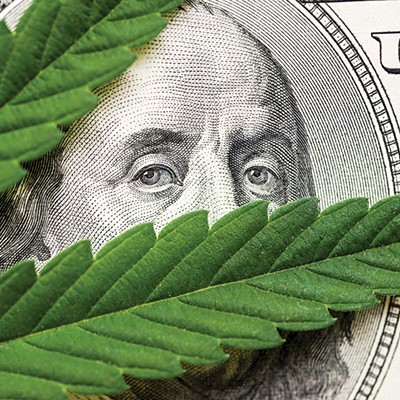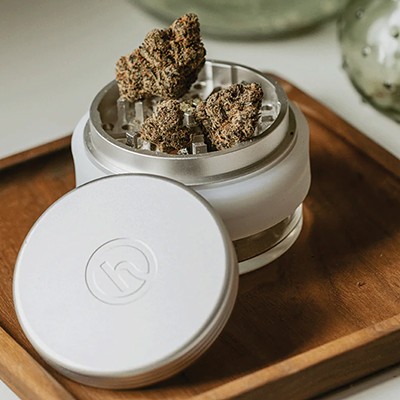Let's check in again with how Canada is doing with its national legalization of cannabis, just four months in. It's the largest cannabis legalization program ever undertaken, and even though Americans do terribly in learning from other countries (or from history, or in school), perhaps we can buck that trend and take away some insight from the good folks with whom we share a border.
For frame of reference, some numbers about Canada:
Canada has a population of 37 million people. In comparison, Oregon has 4.2 million people, while the Golden State of California has 39 million.
Canada has a robust medical marijuana program, with nearly 331,000 registrants as of June 2018. Unlike Oregon, Canada's medical marijuana program has actually expanded in size since legalization, which physicians attribute to people wanting the assistance and guidance of a medical professional to sort out options and to determine the best products for their pain and health issues.
Sales more than doubled, with sales of $1.6 billion Canadian dollars ($1.2 billion U.S.), more than twice what was spent in 2017 on MMJ sales.
Legalization began in October, and sales well exceeded what experts predicted, resulting in widespread shortages across the provinces that Vice reported began on the first day. As Canada's Financial Post reports: "Quebec's government-controlled stores have closed three days a week, Alberta has temporarily stopped issuing retail licenses, and Ontario has said it will initially open just 25 stores across Canada's most populous province. As of mid-December, about 50 percent of products for sale in five provinces were out of stock."
This isn't expected to change anytime soon. While the initial predictions were the shortages lasting 18 months, new estimates predict them lasting as long as three years. (Please don't talk to me about exporting them the excess Oregon or any other West Coast state has produced—that simply isn't going to happen until cannabis is de-scheduled in the U.S, no matter what state bills may pass supporting the very worthy idea of interstate commerce.)
This has been a boon for the illicit market. Canada's government statistical agency, Statistics Canada, took respondent data from cannabis consumers and determined that between legalization in October and the end of the year, the price of legal cannabis actually rose, with consumers paying an average of $CA9.71 per gram for legally purchased cannabis. The price for illicitly acquired cannabis was $CA6.51. That may explain why so many Canadians are still waiting for their man—that's a difference of nearly $CA90 per ounce. Canadians also have the option to grow their own.
The high cost of cannabis is attributable to both the cost of regulation enforcement, which runs $CA500 million, and that the vast majority of flower thus far produced for the legal marketplace has been from indoor or greenhouse operations. An Ontario-based partnership expects to produce Canada's first large-scale, sun-grown harvest by this coming October, for what they predict conservatively to be 88,185 pounds of dried cannabis, grown at what they told Marijuana Business Daily will be "25 percent of the cost of greenhouse-grown cannabis and 15 to 20 percent of an indoor space."
The economic benefits include an increase in cannabis jobs by 266 percent in just one year, with an average hourly wage for a Canadian cannabis employee of $CA29.58, compared to the national average of $CA27.03 per hour. And Canadians certainly enjoy their "jazz rollies," with Statistics Canada estimating a nationwide annual weed bill of $CA4.4 billion, with only $CA570 million of that spent on legal cannabis in 2017. As more consumers migrate to the legal marketplace, the revenue from cannabis taxes is estimated to hit as much as $CA1 billion.
Canada isn't solely interested in keeping its fellow countrypeople high, as many growers are looking far beyond their own backyards for eager customers. Germany, Australia, New Zealand and the Czech Republic are all purchasing Canadian cannabis for their medical markets. As other countries embrace medical marijuana programs, Canada is poised to provide both the kind, and the knowledge and equipment to produce it.
How Canada handles its emerging industry is something we should take a keen interest in. Odds are growing that the U.S. will one day follow suit—the sooner the better.





















